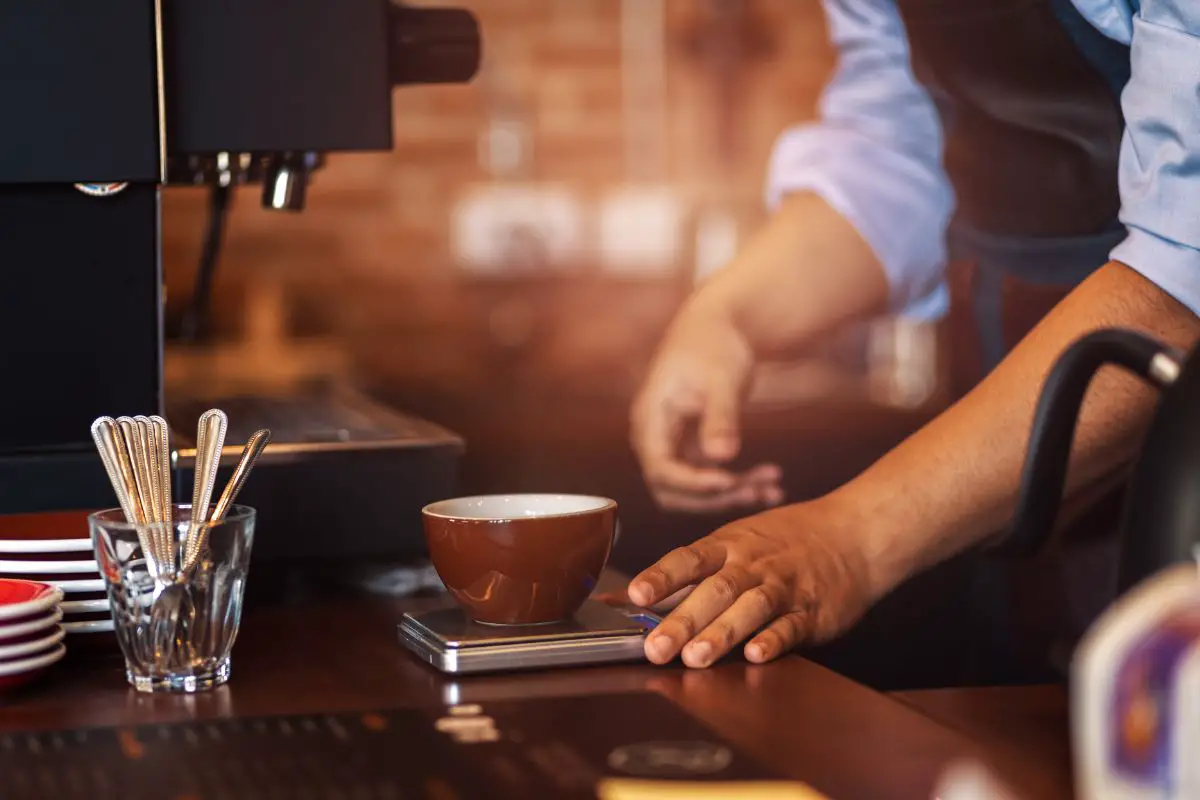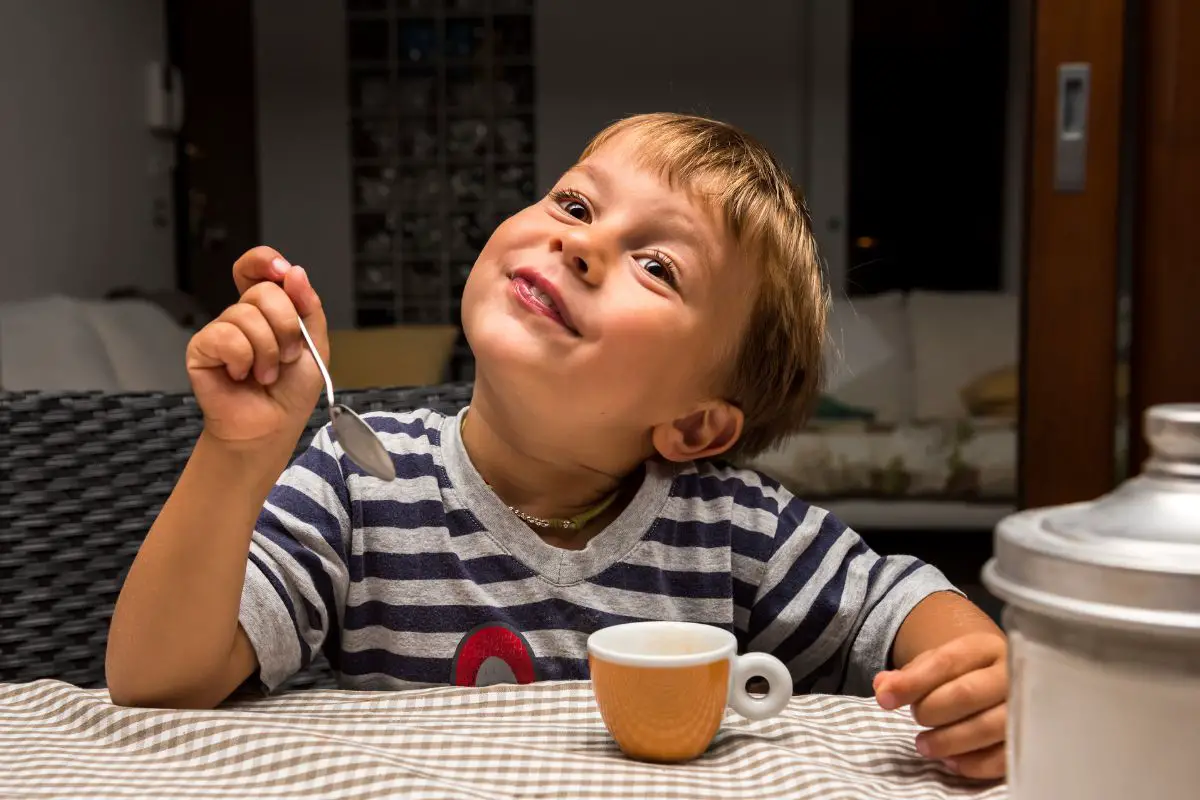Coffee is a popular beverage worldwide. It’s the first beverage we have and the hot drink we are most likely to serve visitors when they come to our homes.
If you are part of the large number of people that enjoy drinking coffee, you may have experienced a situation where your child asked you for coffee?
You probably gave them a sip or two, all the while worrying about the effects of coffee on kids.
Some people refuse to give coffee to their kids altogether which leads to a lot of questions.
If you are a parent facing questions like “why shouldn’t I drink coffee?” from your children. Here is how to answer that question.

Is Coffee Good for Kids?
We generally consider coffee a beverage that young adults and children should not take. The main reason we keep coffee away from kids is its caffeine content.
That doesn’t mean some people do not serve coffee to their kids. Many of us remember sipping some coffee from our parents’ cups.
In fact, most people who love coffee adopted that habit from their coffee-drinking parents.
It’s difficult to keep kids away from coffee when it’s always around them. So, it’s safe to say that some kids take it. Does that mean it’s good for children?
Possible Side Effects of Coffee for Kids
Although kids like drinking coffee because it makes them feel a bit grown up, they should know it’s not good for them. Here’s why.
First, coffee has a bitter flavor they don’t like. For your child to enjoy coffee, you would have to give it to them with lots of milk and sugar.
The combination of sugar and caffeine (a stimulant) in such beverages will make them jump off the walls. This often leads to irritability and difficulty in sleeping.
Kids should also note that their stomachs are not mature enough to take the acidity of coffee.
There is also some evidence that coffee can stunt kids’ growth by reducing calcium absorption in the body.
Despite these facts, some parents feel it’s not bad to serve coffee to kids in small quantities.
How to Measure Coffee for Kids

According to experts, it’s safe to serve kids of 6 and above coffee in small doses once in a while.
Most parents also feel it’s safe to give coffee to their children but are confused about the amount to give them? Here are some tips.
The first rule, as we’ve mentioned, is that children should not consume coffee regularly or in large amounts.
You can calculate the safe amount of coffee for a child by looking at their weight. A child of 14 kg should consume no more than 35 mg of caffeine daily, which is about a quarter of a cup.
Here are the recommended coffee intake limits for kids according to age.
- 4 to 6-year-olds should only consume 45mg of coffee a day.
- 7 to 9-year-olds should take at most 62.5 mg of coffee daily.
- 10 -12-year-old kids should take no more than 85 mg of coffee a day.
- 13 – 18-year-olds should consume no more than 1 1/2 cups of coffee daily.
Safety Precautions to Adhere to When Serving Kids Coffee

It’s important to note your children’s eating and drinking habits before giving them coffee.
Children who take coke, energy bars, coffee-flavored candies, chocolate, and other caffeinated beverages or snacks should avoid it.
The combination of caffeine in these products with that of coffee will amplify its negative effects.
There have been cases of kids collapsing from consuming a combination of coffee, energy drinks, and caffeinated candy. A good example is the case of a teen who collapsed in 2017 after taking a combination of coffee, an energy drink, and a soft drink in 2 hours.
So make sure your children know about the adverse effects of coffee and encourage them to choose healthier beverages.
Last word
Here is a summary of what every child needs to know about coffee.
- Coffee contains caffeine, a stimulant they have a low tolerance to.
- Caffeine can trigger negative effects in their bodies, such as heart palpitations.
- Children can only take a small amount of coffee if they insist on drinking it.
- Their coffee should be served with lots of milk and some sweetener to reduce its bitter flavor and acidity.
- It’s best if children avoid coffee altogether and opt for healthier beverages like chocolate milk.
Related article: